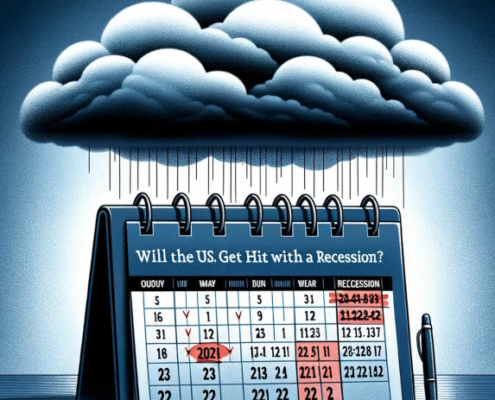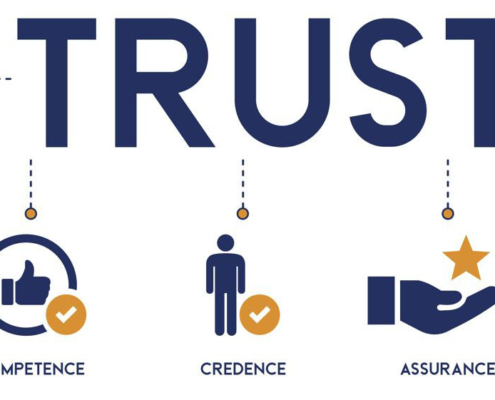What should you do after a car accident?
After you’ve been involved in a car accident and realize you sustained injuries, report to the police immediately and request medical attention. If you were not injured in the car accident, safely check that other persons in the car are safe and call 911 if necessary and inform them there is an injury. If there is an injury, do not leave the accident scene.
By Brad Nakase, Attorney
Email | Call (888) 600-8654
We can all agree that we would choose good health over any money from a car accident injury that left you in severe pain, disability, and out of work. What you do after a car accident injury that is not your fault will determine how much money you will get. The most crucial factor is getting medical care for your injury.
In this article, our auto accident attorney discusses what you should do after a car accident injury as follows:
-
How do I know if I have a car accident case?
After a car accident, many people wonder if their injury case has some substance. Such doubts can only be cleared if the accident scene is properly assessed and understood.
Nonetheless, NEGLIGENCE is the key indicator that your injury accident can become a legal case. If you have been involved in an accident caused by a negligent driver, you should file a claim against them. And it’ll be nice to hire a personal injury lawyer to be your advocate.
Consulting a car accident lawyer with all the details about your accident enables them to decide the authenticity of your case. Also, when you aren’t sure about filing a lawsuit, an experienced personal injury attorney will meticulously investigate the facts available for your car accident.
-
Should I talk to the at-fault driver’s insurance company?
Considering the typical style of most insurance companies to lower settlement amounts, we at Nakase Law Firm recommend that you avoid speaking with any insurance company.
Maintaining little to no interaction with the at-fault driver’s insurance company will do you much good, especially when you haven’t hired a car accident lawyer. In general, adjusters are skilled at reducing the settlement offer that their insurance company will have to pay.
These insurance adjusters know that accident victims are often vulnerable and willing to accept ‘just anything’ to relieve their pain and suffering.
Thus, because you’ll likely utter an innocent but delicate statement that could be used against you later on, we insist that you don’t say anything to them. If the insurer requests your opinion on who was responsible for the accident or how it occurred, simply refer them to your lawyer. Leave all communication with the insurance company to your injury attorney.
We offer a free consultation at Nakase Law Firm. After a car accident, please contact our office and share the honest details of the car accident and trust me to represent you ingeniously before the insurance company, jury, judge, and defense attorney. I will also enlighten you on the law’s provisions for your car accident case.
-
What is the most important document for proving a car accident case?
Besides displaying your medical report, health bills, and car damage, you should get a police report.
Reports taken at the accident scene are often more reliable than statements written several minutes or days after the crash event. An immediate police report rules out any oddities which might arise with conflicting statements from you and/or the other driver.
You must provide your attorney with facts about your specific situation to prevent discrepancies during your case preparation.
-
Is it possible to handle my injury case independently?
Yes, you can, but it isn’t always recommended. The tendency for people to choose to handle their injury cases on their own is high, mostly when they’re eager to move on with their lives.
So, yes, you might decide not to hire an auto accident legal expert and manage the legal issues on your own. However, there are several pitfalls you would avoid if you consulted a lawyer who specializes in car accidents.
Most insurance companies seek ways to take advantage of car accident victims. Also, the at-fault driver’s lawyer is often interested in decreasing the worth of a case so that they don’t have to pay so much.
However, when they see that you have a lawyer ready to fight to finish for you, they’ll be willing to calculate your claim’s value accurately and deal with you sensibly from the onset. This is the kind of lawyer you need, one who will take your case to court when the other party is being difficult.
-
Do I necessarily have to hire a car accident attorney instead of just any other lawyer?
Hiring a car accident lawyer focused on personal injury from accidents has a positive effect. Other types of lawyers may not have specific knowledge and experience about the law’s position on car accidents.
However, an expert in personal injury cases will treat your claim professionally and professionally. For instance, at Nakase Law Firm, I specialize in offering legal services about car accidents in San Diego. Many clients trust my judgment and experience because I know what the law says about car accidents in San Diego and California.
I handle cases on a contingency-fee-basis so that clients do not have to pay anything until their cases have been won and they’ve recovered their full compensation.
-
How do I know the value of my claim?
There’s no one-size-fits-all standard for measuring claim worth. Usually, different car accidents have different situations and legal conditions. Thus, two factors should be considered include:
- Where, when, and how the accident occurred
- The injuries sustained in the auto crash
If you’re the injured driver, you’d need to understand what the law says about your specific car accident situation. Your claim should cover your past, present, and future medical bills, past and future lost wages, therapy costs, car damages, pain and suffering, and other related costs.
In addition, a car accident lawyer can determine if other members of your family, such as your spouse and children need to be compensated. Compensations to family members are often recovered separately from those of the injured person.
-
Do I have to accept the settlement of the other party’s insurance company?
Since insurance companies usually pay less than a claim’s value, we recommend you speak with a lawyer before considering their offer. As adjusters are often rewarded for paying little settlements on personal injury cases, they continually seek to maximize their profit and pay less in future car accident cases.
So, when an adjuster calls you or attempts to visit you with the guise of showing sympathy, be informed that the underlying reason is to convince you to accept a small offer. They know how vulnerable victims are after accidents, so they keep this strategy at their disposal.
Do not jump at their offer or sign legal documents without talking to your lawyer.
Conclusion
In all of the seven questions above, one thing that stands out is that you must never fall into the trap of insurance companies. Let your car accident attorney assess your case objectively and determine the value of your claim.
If you allow an adjuster to manipulate you into accepting their offer, you’d have succeeded in helping them get the incentive they always receive for such personal injury cases.
Talk to me now about your case, and we’ll fight together until we win!
Blog: Business | Corporate | Employment Law
See all blogs: Business | Corporate | Employment
See all blog: Business | Corporate | Employment
































